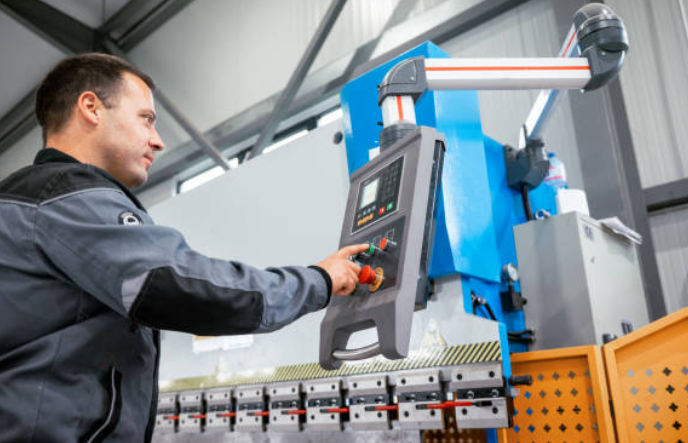Automation engineers and PLC (Programmable Logic Controller) programmers are essential in industries focused on automating processes and machinery. Their roles include designing, programming, and maintaining automated systems that increase productivity, safety, and efficiency.
Job Responsibilities:
- PLC Programming:
- Design and implement PLC programs for industrial automation systems.
- Develop ladder logic diagrams, function block diagrams, or structured text based on the control requirements.
- Troubleshoot, test, and debug PLC code to ensure smooth functionality.
- System Design and Implementation:
- Design control systems for manufacturing and industrial processes.
- Select appropriate automation hardware such as sensors, actuators, drives, and control panels.
- Integrate PLC systems with other control components like Human-Machine Interface (HMI), Supervisory Control and Data Acquisition (SCADA) systems, and various input/output devices.
- Maintenance and Troubleshooting:
- Perform regular maintenance and updates on automated systems.
- Troubleshoot and resolve issues with PLCs, control systems, and electrical components.
- Ensure minimum downtime by providing quick solutions to breakdowns in automated systems.
- Project Management:
- Oversee automation projects from concept to implementation.
- Collaborate with mechanical engineers, electrical engineers, and project managers to ensure projects meet performance, cost, and timeline objectives.
- Write technical documentation and reports.
- Testing and Commissioning:
- Carry out factory acceptance tests (FAT) and site acceptance tests (SAT) for automation systems.
- Work on commissioning PLC-controlled equipment, verifying correct system operation in a live environment.
Required Skills:
- Programming Skills:
- Proficient in PLC languages like ladder logic, structured text, function block diagrams, and instruction lists.
- Experience with major PLC brands such as Siemens, Allen-Bradley (Rockwell Automation), Schneider Electric, and Mitsubishi.
- Control System Knowledge:
- Understanding of process control systems and instrumentation.
- Familiarity with various industrial communication protocols such as Modbus, Profibus, Ethernet/IP, DeviceNet, and Profinet.
- Electrical and Mechanical Knowledge:
- Strong understanding of electrical systems, including wiring, circuit design, and power distribution.
- Knowledge of mechanical systems and how automation systems integrate with mechanical processes.
- Problem-Solving and Analytical Thinking:
- Ability to troubleshoot complex control systems and resolve issues in a timely manner.
- Use analytical skills to optimize automation performance and make data-driven decisions.
- Project Management Skills:
- Experience in managing timelines, budgets, and resources for automation projects.
- Ability to work with cross-functional teams to deliver automation solutions.
- Attention to Detail and Safety Compliance:
- Ensure that systems comply with safety standards and regulations.
- Be detail-oriented in programming and system testing to avoid costly errors.
Education and Qualifications:
- Bachelor’s Degree in Electrical Engineering, Mechanical Engineering, Automation Engineering, or a related field.
- Certifications in PLC programming or automation technologies (e.g., Siemens S7, Allen-Bradley Certified Programmer).
- Experience with automation projects in industries such as manufacturing, food processing, automotive, energy, or pharmaceuticals.
Job Opportunities:
Automation engineers and PLC programmers can find opportunities in a variety of industries such as:
- Manufacturing and Assembly Plants
- Oil and Gas
- Automotive Industry
- Pharmaceutical Manufacturing
- Food and Beverage Processing
- Power Generation and Utilities
- HVAC Systems and Building Automation
These roles are in high demand due to the growing reliance on automated systems in industrial processes and the push for greater operational efficiency.




